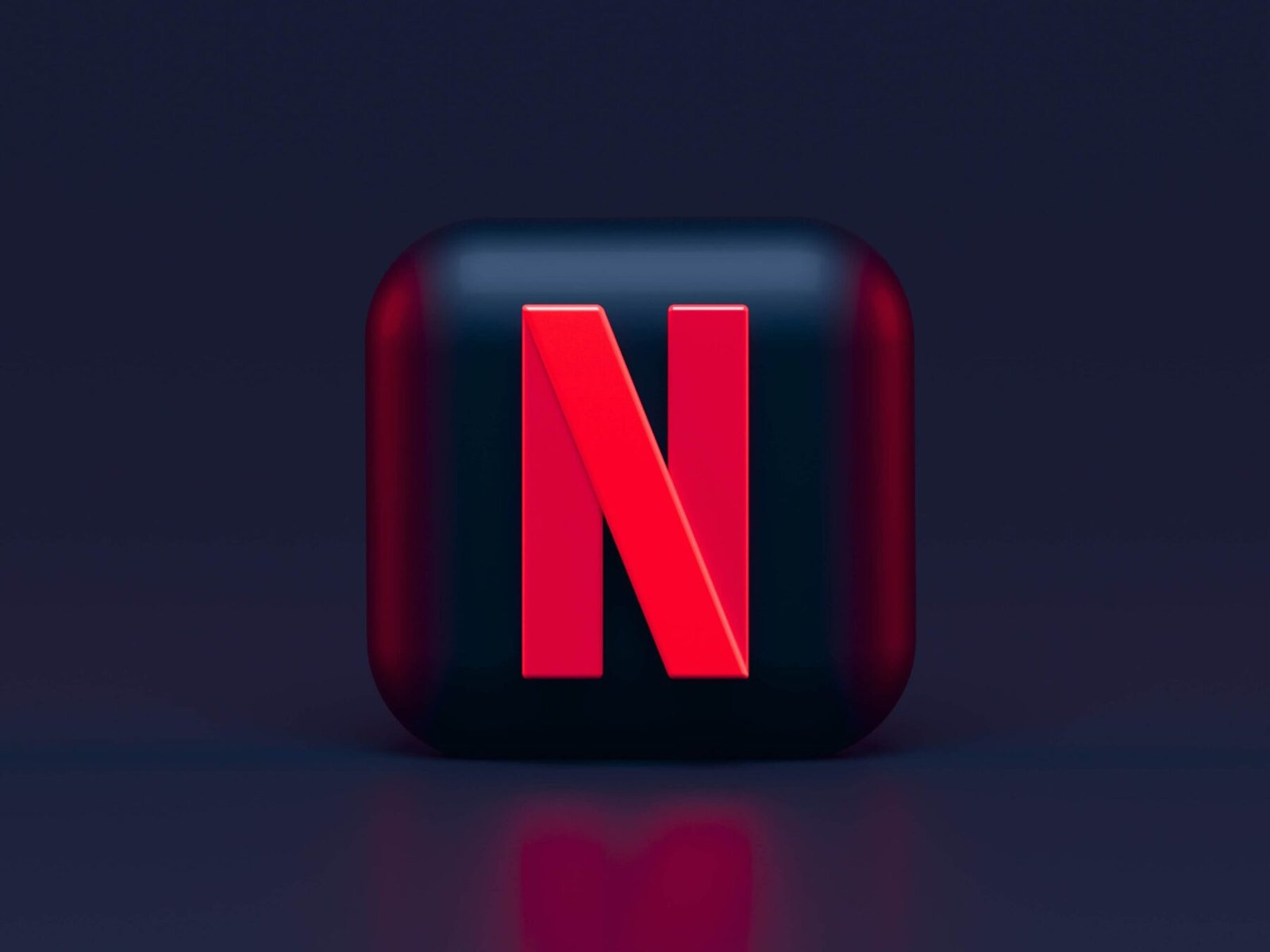Would You like a feature Interview?
All Interviews are 100% FREE of Charge
Vitalik Buterin, co-founder of the Ethereum network, has released a lengthy essay outlining his thoughts on the recently launched Worldcoin identity verification system.
On July 24, Buterin tweeted his reaction to Worldcoin, which was launched on the same day.
What are your thoughts on biometric identity verification?https://t.co/yozo1buW24
— vitalik.eth (@Vitalik Buterin) July 24, 2023
in him articlewith an explanation of Worldcoin and how it is planned to work, Buterin mentioned the larger concept that is a proof of humanity discussed within the release of the Worldcoin token.
Worldcoin, along with other similar ID solutions such as Proof of Humanity, BrightID, Idenam and Circles, believe that as artificial intelligence (AI) advances, it will become increasingly difficult to distinguish between humans and machines.
Most of these systems that supply a kind of token, such as Worldcoin, also believe that a kind of Universal Basic Income (UBI) is necessary because human usefulness is endangered by bots.
Buterin writes that these factors combine to drive the need for digital human identification. He argues that the identity verification system has value in solving “the anti-spam and anti-power problem.”
Related: OpenAI CEO Sam Altman Testifies at ‘Historic’ Senate Hearing on AI Safety
The Ethereum co-founder also stresses that if systems like Worldcoin continue to be decentralized as promised, they will avoid “reliance on centralized authorities” and expose the least amount of information possible.
“If identities are not resolved, decentralized governance … becomes vulnerable to very wealthy actors, including hostile governments.”
Buterin also addressed the major concerns looming over such a solution, summing it up in four main points: privacy, accessibility, centralization within the Worldcoin Foundation, and security.
On June 27, Worldcoin had minor concerns, but quickly revealed them after thousands of Safe deployments on Optimism sparked speculation of an attack.
Developer Steve Duck, who works on the network’s own service for creating, validating and revoking on- and off-chain certificates, Ethereum Authentication Service (EAS), said he commented on Buterin’s post that a system like Worldcoin could complement EAS.
I believe that Worldcoin is just an authority that uses protocols like EAS to certify proofs of identity, and other organizations can decide whether or not to evaluate those proofs.
— Steve Duck (@stevedakh) July 24, 2023
In conclusion, Buterin said that “there is no ideal form of proof of identity” at the moment, and that he is currently envisioning three different approaches to the problem, which may be hybridized with each other.
He called for community accountability in processes involving audits and checks and balances. While he says he doesn’t envy the people whose job it is to design and implement such systems, his point is simple.
“A world without proof of identity is likely to be one ruled by centralized identity solutions, money, small closed communities, or a combination of all three.”
As of July 14th, a week before the launch of the system, Worldcoin signups surpassed 2 million on World ID in less than half the time it took to reach the first million.
magazine: Tokenizing music rights as NFTs could help the next Taylor Swift


































